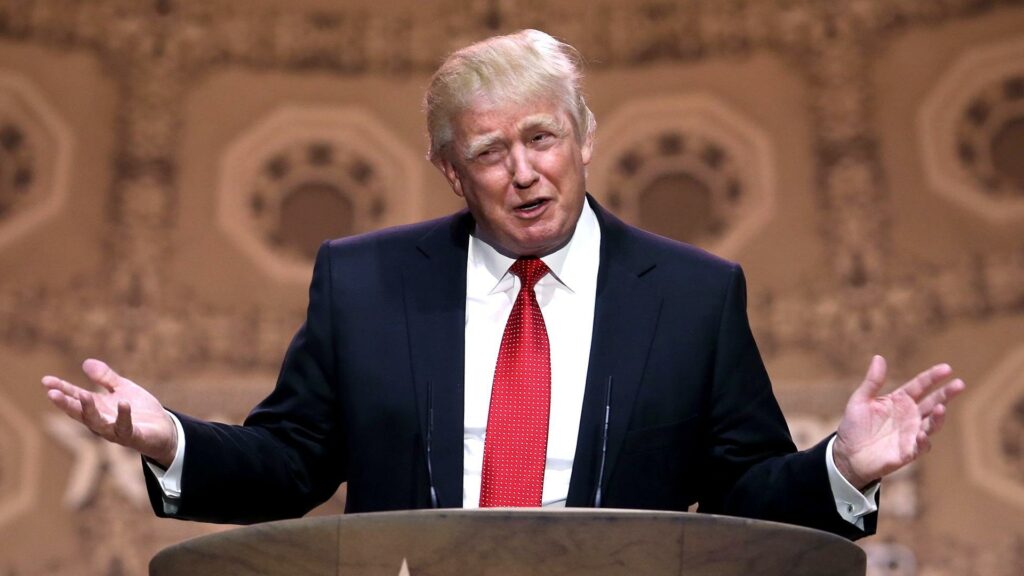US President Donald Trump has defended his decision to issue 600,000 visas to Chinese students, a move that has sparked backlash from some of his staunchest supporters. Speaking to the Daily Caller on Sunday, Trump argued that banning Chinese students would be “insulting” and insisted that allowing them entry would benefit smaller American universities.
The announcement marks a notable reversal from the hardline stance his administration had taken in recent months. The decision comes as trade negotiations between the United States and China continue, signaling a more pragmatic approach from Trump’s administration.
Some voices within the MAGA wing of the Republican Party have expressed anger and confusion. Fox News host Laura Ingraham questioned the policy, stating, “I just don’t understand it for the life of me. Those are 600,000 spots that American kids won’t get.” On social media platform X, Trump ally Laura Loomer described the move as inviting “600,000 more Chinese ‘students’ aka Communist spies in the United States.”
Trump defended his position by highlighting the economic benefits of Chinese students and the potential diplomatic gains. “I have a very good relationship with [Chinese] President Xi. I think it’s very insulting to a country when you say you’re not going to take your students,” he said. He added that China is currently contributing “hundreds of millions of dollars” to the US economy, and emphasized that fostering good relations with nuclear-powered countries is critical.
The issue had previously been a point of contention within the administration. In May, US Secretary of State Marco Rubio announced he would “aggressively” revoke visas for Chinese students, particularly those with ties to the Chinese Communist Party or those studying in sensitive fields. This came amid a deteriorating relationship between Washington and Beijing, fueled by the trade war initiated under Trump’s tariffs.
According to the White House, the 600,000 student visas will be issued over the next two years, in line with historical numbers. Trump maintained that no concessions were expected in exchange, stating, “I just think what we’re doing is the right thing to do. It’s good to get along with countries, not bad, especially, you know, nuclear-powered countries.”
The decision highlights the tension within the Republican Party between economic pragmatism and national security concerns, and underscores the complexities of US-China relations in the post-tariff era.

